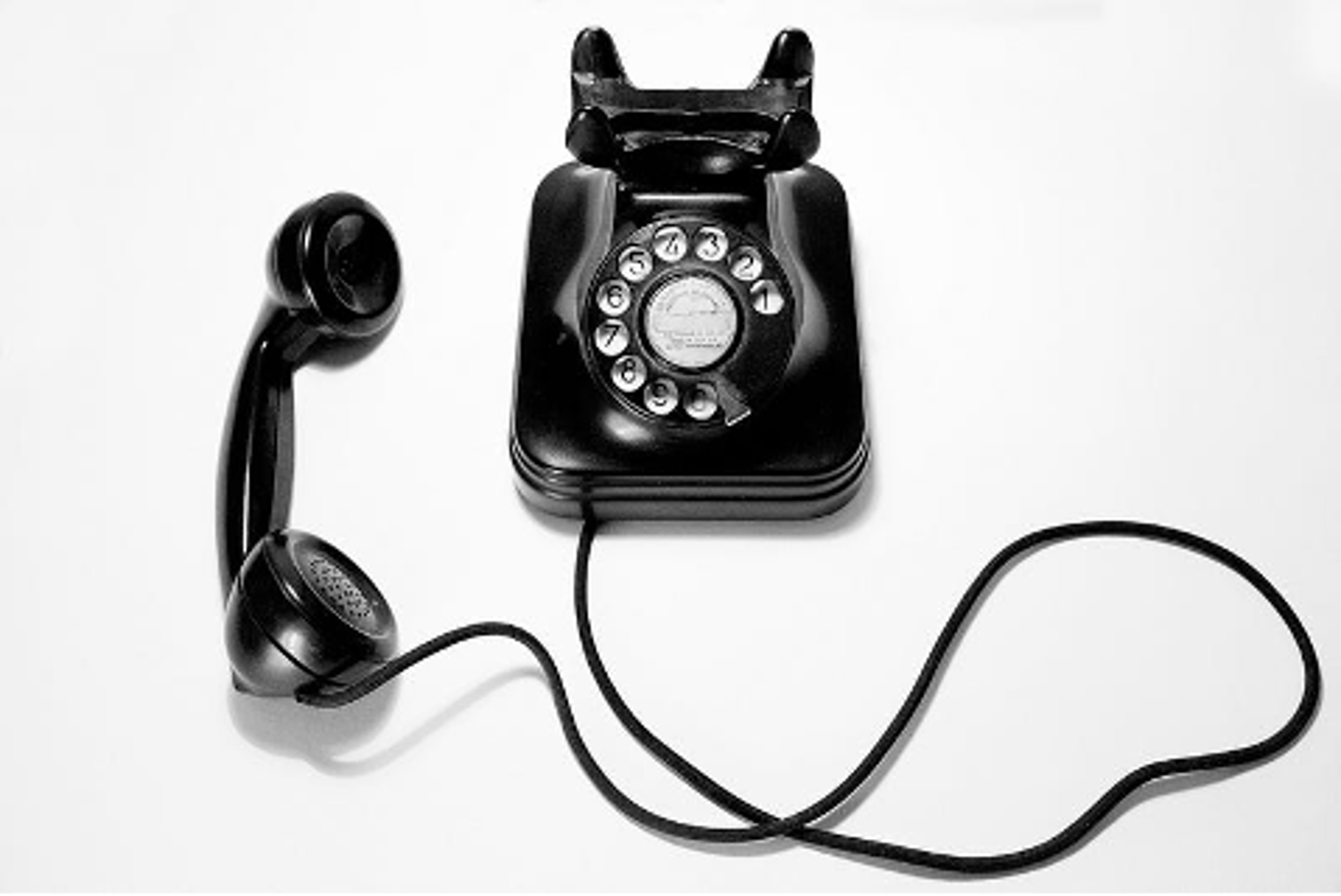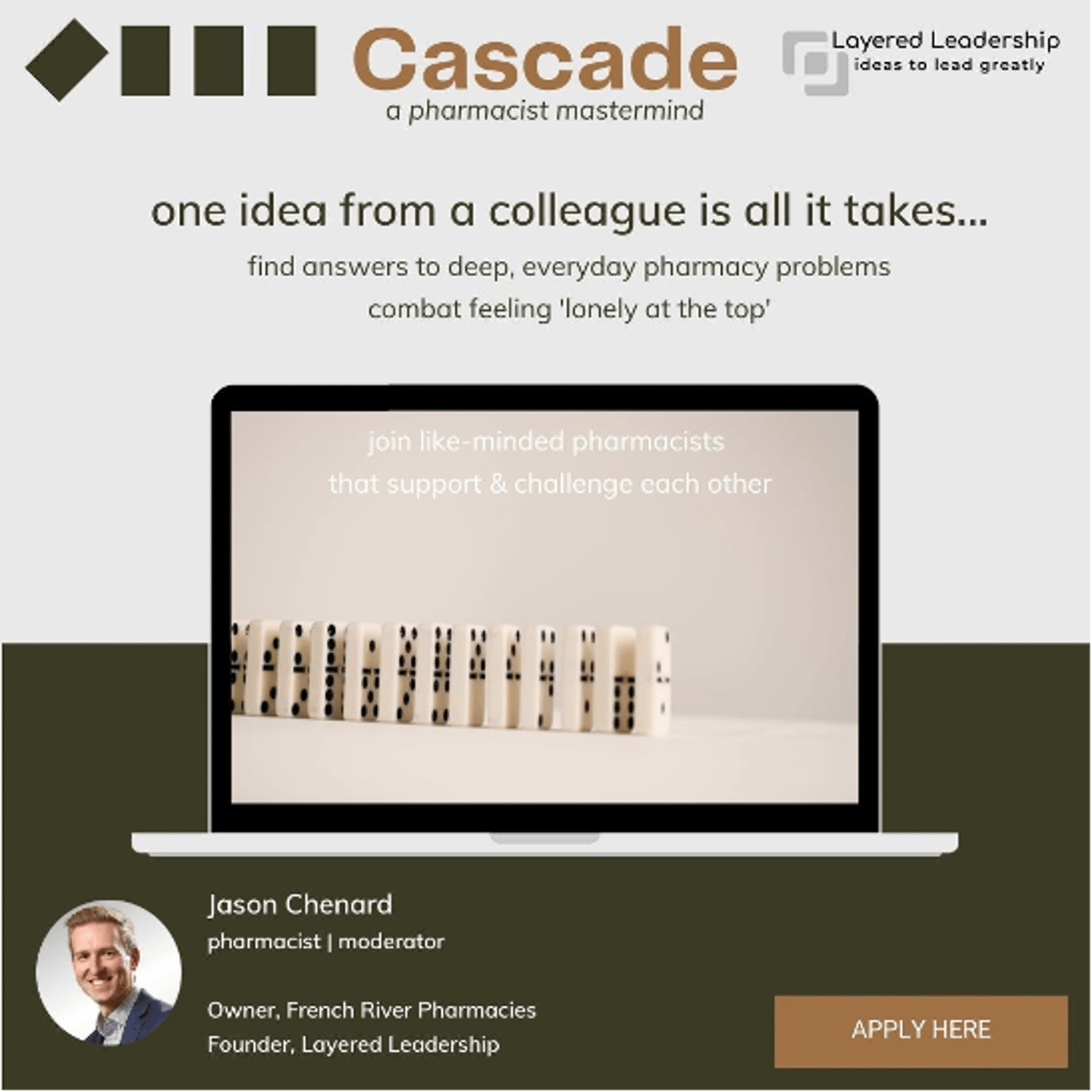Letting the phone ring can be good customer service in pharmacy
How do you earn respect using polite authority?
“Excuse me, are the chocolate bars on sale?”
Pharmacists get a lot of phone calls. What is one tiny thing that when compiled over time can cost a pharmacist a medication error or mental health degradation? True, the repeated question where are the Q-tips is like a slow dripping faucet, but I was thinking of something bigger.
I would like to discuss the interruption.
Like a U-turn, having to stop and restart a thought process comes with a cost. A cost that seems insignificant individually but when complied over and over again leads to jadedness and serious energy consumption. Worst of all, thought interruptions that occur at a precisely critical moment, like a drug interaction deep dive or pediatric dose calculation, might carry dangerous consequences.
Imagine this philosophy
Customer service is less about how many times the phone rings and more about what is said when we do pick up the receiver. Ever call a restaurant which picks up on the fourth or fifth ring? While you might be slightly annoyed, you realize they are busy. Perhaps you approach the restaurant with a little more empathy knowing you interrupted the staff who were working.
Could not rushing to the phone tactfully earn us a little respect?
While a pharmacist is counselling a patient in-person, would it be appropriate for them to stop to answer the phone? Would we expect this of a surgeon or a plumber? Then why do we have to stop what we are doing mid-thought to answer the phone in the first two or three rings for the sake of good customer service?
Do we not owe it to the patient whose prescription we are actively checking to push interruptions away because they arrived first?
In the era of recognized pharmacist burnout, the interruption is the tree branch scratching our window at night, disrupting your sleep.
The answer: being politely authoritative
In over a decade of pharmacy practice, I have not directly lost a customer because I did not get to the phone in the first three rings. Conceptually, as long as we are still reasonable to reach, we are providing great customer service. After all, who is more accessible than the pharmacist!
The problem is that just like we once thought the earth was flat, that smoking was not harmful or that seatbelts were purposeless, we somehow lumped in the number of telephone rings with the quality of customer service.
In the end, if the average patient is reasonably able to get a pharmacy staff member on the line in enough time to remember why they called, we should be fine. Organically, by not dropping the important work that we are actively working on, we are putting ourselves in a position of authority. It is this authority, when executed politely that earns us respect.
As the polite, authoritative, most medically responsible person in the building, we are the ones who set the standard. By dropping our important work to answer the phone on the first ring, we are unintentionally giving away our power, a power the healthcare setting we are operating needs us to own.
This point is not recommending you cancel your telephone bill or adopt a 10-ring policy. It is simply giving pharmacists permission to extend the discomfort of answering on the fourth or fifth ring so that we can finish our thought processes.
In the end, this makes us more workplace efficient, more mentally resilient, more burnout-proof and arguably, better customer service-oriented to those who we are already thinking about in those interruptive moments. Most of all, by being politely authoritative we are appropriately placing ourselves as the person in charge, which is what the public needs and deserves in a pharmacy.
Perhaps it is time we give ourselves permission to finish our thoughts before being interrupted by the telephone. The cumulative value towards having us do what do, for more years to come will better service our customers, our staff, ourselves and the healthcare system overall.
For deeper insight into having the right pharmacist mindset and protecting yourself from burnout, check out the compilation of tools in the RxMIND bundle here. This topic and much more is argued in Cascade: a pharmacist mastermind and you can apply here for the next cycle.








